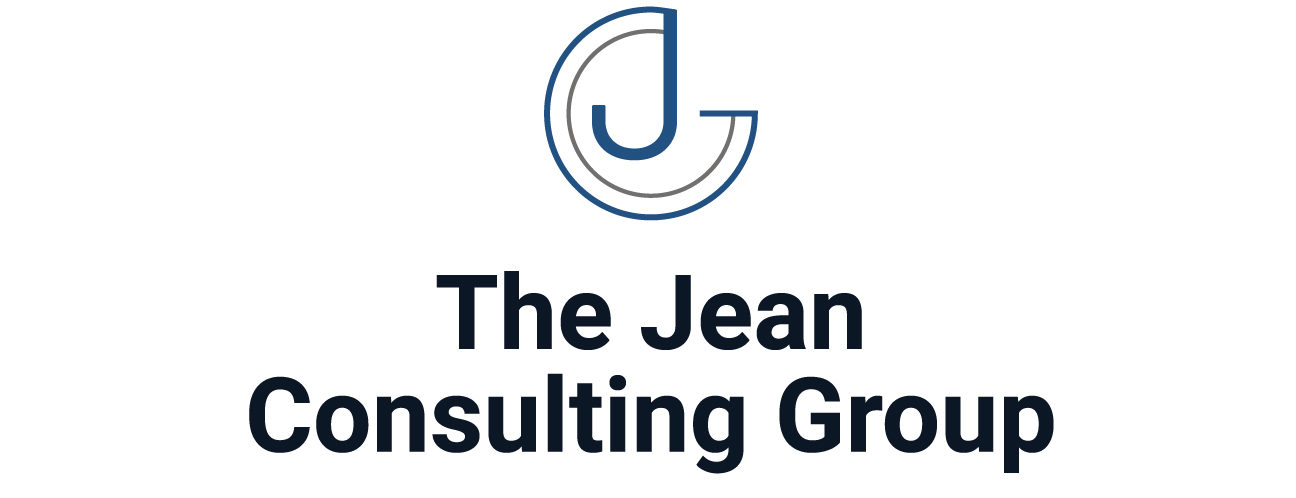In the complex landscape of modern business, regulatory compliance counsel plays a pivotal role in safeguarding employee rights and fostering a positive work environment. By aligning legal frameworks with strategic employee engagement strategies, organizations can create a compliant, supportive, and empowering workplace. This article explores how companies can leverage regulatory compliance counsel to enhance employee rights and build an optimal work environment.
Strategic Integration of Regulatory Compliance and Employee Engagement
At the heart of a thriving workplace is the balance between meeting regulatory requirements and engaging employees. Compliance counsel ensures that organizations adhere to laws and regulations governing employee rights, while strategic engagement initiatives promote a culture of inclusivity, respect, and motivation.
- Comprehensive Compliance Audits: Regular audits by compliance counsel can identify gaps in legal adherence, providing an opportunity to rectify issues before they escalate. These audits cover aspects such as wage laws, workplace safety, and anti-discrimination policies, ensuring a fair and safe environment for all employees.
- Employee Rights Education: Educating employees about their rights and the laws protecting them is crucial. Compliance counsel can facilitate workshops and training sessions, empowering employees with knowledge and fostering a culture of transparency and trust.
- Feedback Mechanisms: Establishing clear, confidential channels for employees to report concerns or violations is essential. Compliance counsel can oversee these mechanisms, ensuring that issues are addressed promptly and effectively, reinforcing a culture of accountability and respect.
Building a Positive Work Environment through Legal and Engagement Synergies
Creating a positive work environment extends beyond legal compliance; it involves the active development of policies and practices that support and motivate employees.
- Inclusive Policies and Practices: Compliance counsel can guide the development of inclusive policies that accommodate diverse employee needs, promoting equality and preventing discrimination. Such policies enhance engagement by ensuring that all employees feel valued and supported.
- Environmental Sustainability Initiatives: Integrating environmental sustainability into corporate policies can boost employee morale and engagement. Compliance counsel can help navigate the legal aspects of environmental initiatives, aligning them with corporate social responsibility goals and employee values.
- Health and Well-being Programs: Implementing comprehensive health and well-being programs, with input from compliance counsel, can support employees’ physical and mental health. These programs are not only a legal requirement in some jurisdictions but also a key driver of employee engagement and satisfaction.
Leveraging Technology for Compliance and Engagement
Technology plays a crucial role in maintaining regulatory compliance and enhancing employee engagement. Compliance counsel can recommend technology solutions that streamline compliance processes, monitor legal changes, and facilitate engagement through digital platforms.
- Compliance Management Systems: These systems can automate the tracking of regulatory changes, manage compliance documentation, and ensure that policies are up-to-date, reducing the risk of non-compliance.
- Digital Engagement Platforms: Platforms that enable real-time communication, feedback, and recognition can significantly boost employee engagement. Compliance counsel can ensure these technologies align with privacy laws and regulations.
Conclusion
The synergy between regulatory compliance counsel, employee rights, and environment building is a cornerstone of modern organizational success. By strategically integrating legal compliance with engagement initiatives, companies can create a work environment that not only adheres to regulations but also promotes a culture of inclusivity, respect, and motivation. This holistic approach ensures that employees are not only protected by law but are also actively engaged and invested in their work and workplace, driving productivity, innovation, and overall business resilience.




